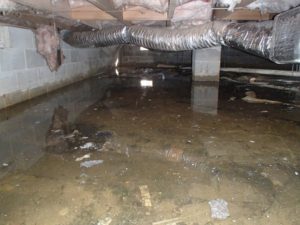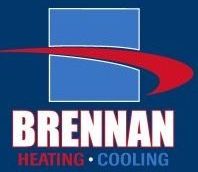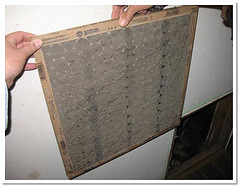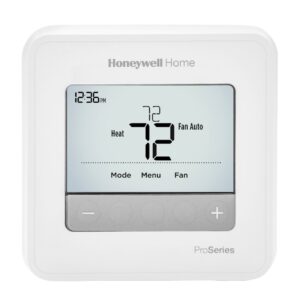
Flooding Concerns and your Home Heating and Cooling systems Safety comes first.
Anytime you have a flood, safety will become your number one priority. From contaminated water to potential catastrophic damage to your house, a flood can be very dangerous.
If your house flooded in Cascade County and the surrounding areas in 2011 this year will be a concern as well. Check your crawl space, basement for flooding issues.
After seeing the flood is close to any Furnace, Water Heaters or any other electrical equipment, you should immediately turn off the power to the unit. Do this from your home’s breaker box. It’s also a good idea to cut off the power to every part of your house that’s flooded. Electricity can be especially dangerous when you have standing water in and around the outside of your house. The water can also short out your air conditioner’s delicate electrical systems. The faster you do this, the better.
The outside AC condenser unit is built to withstand some moisture, like rain and snow. But the inside components are not. Again, turn the circuit breaker off to that part of the house. An HVAC technician will need to inspect your equipment to see what damage has been done.
Once the electricity is off and the flooding has stopped, it’s time to clean up. Try to get as much of the debris out of the way as possible, if it’s safe to do so. Get the entire area around the Heating and Cooling units as dry as you can. Depending on how much standing water you’re dealing with, this might take some time. And even when you think your Furnace or AC is dry, don’t turn it on! You don’t know what damage has been done on the inside and you always run the risk of electrocution or fire.
Don’t try to fix it yourself
Which brings us to the next step: have a professional HVAC technician inspect your air conditioner. Only a licensed technician can properly inspect your AC unit to see if it can be repaired, or in the worst case, needs to be replaced.
The technician will look to see if the water has short-circuited any of the electrical components. They’ll also clean out the inside of the unit, ensuring there’s no hidden debris that might cause a fire later on. Depending on the damage, the technician might be able to make repairs on the spot by replacing parts and cleaning the coils and electrical contacts. If your Furnace or AC condenser is damaged beyond repair, the technician will guide you through the process of replacing it.


